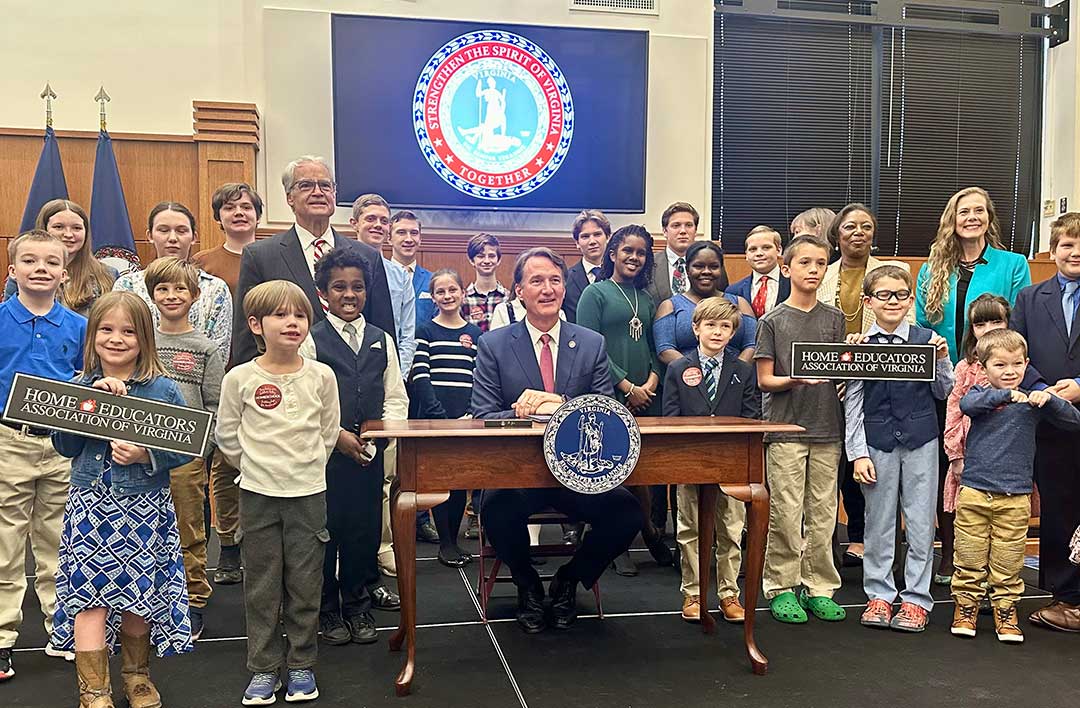Unschooling: How It Works
by Cathrine Mireles
If you homeschool—or maybe even if you don’t—you have probably heard the term “unschooling” at some point.
Traditional homeschooling gives families freedom and choice in how they educate their children. In some cases, parents create an environment that is similar to the traditional educational system–because that is what they knew growing up. They choose to do “school at home.”
Some families, however, want to get far removed from the standardized education model they knew. They prefer to think outside the box a bit and develop an educational approach that is flexible and geared to each child’s unique needs and differences. This homeschooling approach is called “unschooling.”
WHAT UNSCHOOLING IS
Unschooling is an educational philosophy that rejects traditional educational methods and focuses on learner autonomy, self-directed learning, and individual interests.
Most children are naturally interested in learning—and unschoolers believe that traditional, institutionalized schooling discourages that natural curiosity and hunger for knowledge. Since a child genuinely desires to learn, education should nurture and foster this natural propensity.
If you choose to unschool, you would concentrate on your children’s natural curiosity and ability to learn independently and allow them to choose their interests and goals based on their educational interests. Unschooling allows you to abandon the traditional one-size-fits-all method of education where everyone learns the same curriculum, takes the same tests, and studies the same lesson or unit plan structure. As a parent, you can focus on the uniqueness of your children and search for materials related to each child’s passions and interests.
Fundamentally, unschooling strongly emphasizes self-directed learning. Instead of following a set curriculum or suggested reading material designed by a curriculum provider, you would choose a curriculum based on your individual learner’s interests and passions. This learner-centered approach recognizes that individuals are more interested in learning when they can choose subject matter based on what they enjoy. Unschoolers engage in activities that are meaningful to them, leading to a more profound and richer learning experience.
Unschooling can look different from one family to another. No standard rules or guidelines define unschooling because it is individualized and based on individual learners. Many unschooling families don’t do grades or even label their children in the traditional grade system of a standard educational program (like first grade, second grade, third grade, etc.).
Because there are no set guidelines, some homeschooling families might see unschooling as a way to live a free life with no rules, schedule, or intentional effort. At the same time, other families use the unschooling approach as a jumping-off step that helps them engage their children in choosing materials connected to their passions and interests.
At the very least, unschooling throws out the traditional, somewhat confining view of education. At its best, unschooling lets children develop and nurture their God-given talents and interests and discover the driving purpose God has set before them in His Kingdom. It truly gives each family the freedom to choose what is the best material to nurture and develop the unique gifts of their children.
There are, however, several standard practices and methods you can incorporate into your unschool:
- Self-Directed Learning: Though you facilitate planning goal-setting, you can delegate learning responsibilities to your children to achieve set goals. Your children are then free to choose what they want to learn, when they want to learn, and how they want to know. Learners develop a sense of ownership and responsibility for their education.
- Individualized Education: You have a unique opportunity to cater to your child’s unique talents and abilities, interests, strengths, and learning styles.
- Experiential Learning: Real-world experiences and hands-on learning provide authentic learning opportunities, and practical applications of knowledge are essential to understanding and retaining information.
- Flexibility and Freedom: Let’s say that again: flexibility and freedom! Unschooling, like homeschooling, gives families total liberty in preparing their schedules and choosing materials.
- Trust in Natural Development: by unschooling, you learn to trust in the natural development of children and their God-given curiosities.
WHAT UNSCHOOLING IS NOT
It is important to note that unschooling does not mean children are left entirely alone with no support or guidance from parents. Parents play a crucial role in unschooling by creating an environment rich in resources, facilitating opportunities for exploration and learning, and serving as mentors and facilitators of their child’s learning journey. Moreover, they encourage discussion that stimulates intellectual growth and connects their children with appropriate learning opportunities within their community.
Critics of homeschooling question the lack of structure and accountability with the unschooling approach to homeschooling. Many argue that students who unschool will experience gaps in their learning because they don’t use a formal curriculum or engage in standardized testing. However, homeschooling advocates counter these criticisms by emphasizing the benefits of unschooling.
CHOOSE WHAT IS RIGHT FOR YOUR FAMILY
Unschoolers develop a lifelong love for learning–and most of us recognize that as a key to success. When students are encouraged to study things they are interested in learning, they will often be attracted to other subjects related to their passions and desires and achieve a more profound understanding. Moreover, unschooling encourages critical thinking, problem-solving, and creativity–things we all want to do–because these skills help develop essential life skills, such as time management, organization, goal setting, decision-making, self-discipline, and responsibility.
Thankfully, homeschooling can look different for every family; it allows parents to choose what is best for their family, their children, and their schedules. Could unschooling be suitable for your family? The best part of homeschooling is the freedom to choose.









